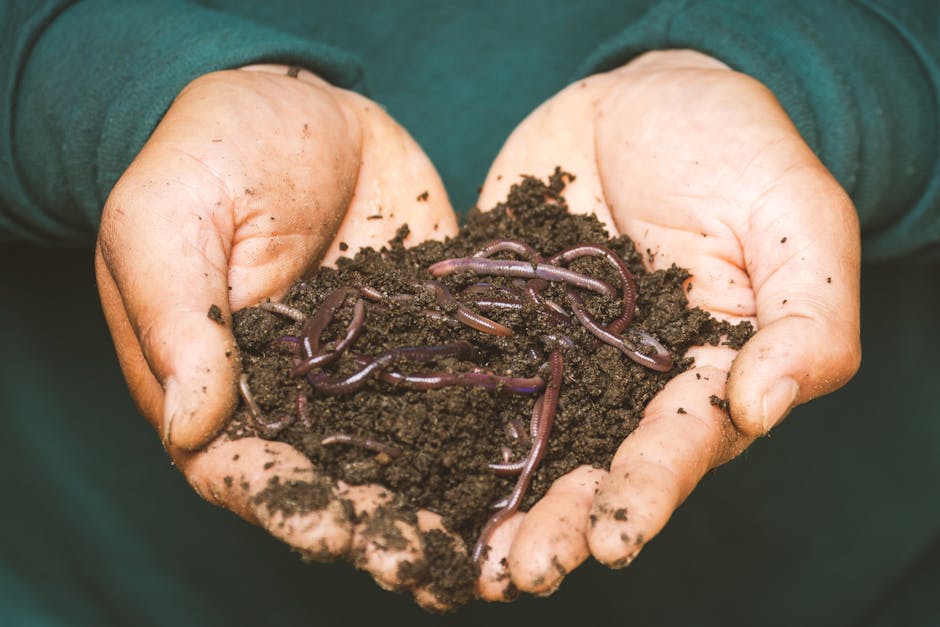
The Power of Fertilizers: Unveiling the Benefits and Pros and Cons
Part 1: Fertilizer Basics
To lay a solid foundation, let's start with what exactly fertilizer is. Simply put, fertilizers are substances added to soil or plants to provide essential nutrients that may be lacking naturally. These nutrients are vital for optimal plant growth, as they play a crucial role in supporting plant metabolism, photosynthesis, and overall health.
Part 2: The Benefits of Using Fertilizers
1. Enhanced Nutrient Supply: One of the primary benefits of using fertilizers is enriching the soil with essential nutrients such as nitrogen (N), phosphorus (P), and potassium (K). This ensures that plants receive the necessary elements for healthy development.
2. Improved Plant Growth and Yield: By providing the right balance of nutrients, fertilizers promote vigorous growth, leading to increased plant size and yield. This is particularly beneficial for crops grown for food production.
3. Correcting Nutrient Deficiencies: Fertilizers can rectify nutrient deficiencies in soil by replenishing missing elements. This helps prevent stunted growth, yellowing leaves, or poor fruiting caused by nutrient imbalances.
4. Time-saving Solution: Compared to organic alternatives like compost or manure, synthetic fertilizers are readily available and easy to apply. They offer a convenient option for busy gardeners who need quicker results.
5. Targeted Nutrient Delivery: Fertilizers allow precise control over nutrient application, enabling gardeners to adjust specific nutrient levels according to plant requirements. This customization can be especially advantageous for specific plants or soil types.
Part 3: The Pros and Cons of Fertilizer Usage
Now that we've explored the benefits, let's also consider some potential drawbacks associated with fertilizer usage.
1. Environmental Impact: Excessive use or improper application of fertilizers can lead to nutrient runoff, contaminating nearby water sources and causing harmful algal blooms. It is essential to follow recommended application rates and techniques to mitigate these risks.
2. Soil Degradation: Over-reliance on fertilizers can create a dependency, leading to reduced soil fertility over time. Continuous use of synthetic fertilizers without incorporating organic matter can hinder the soil's ability to retain moisture and nutrients naturally.
3. Health Risks: Some chemical-based fertilizers may pose health risks if not handled properly. Exposure to certain fertilizers or their residues can cause skin irritations, respiratory issues, or even more severe health problems. Always follow safety guidelines when working with fertilizers.
4. Cost Considerations: Fertilizers, especially high-quality ones, can be expensive, particularly for large-scale gardening or farming operations. It's important to factor in cost considerations when deciding on fertilizer usage.
Fertilizers undoubtedly play a significant role in optimizing plant growth and ensuring bountiful harvests. By understanding their benefits and potential drawbacks, gardeners can make informed decisions regarding their usage. Remember, using fertilizers responsibly, following recommended practices, and considering organic alternatives can help strike a balance between healthy plant growth and environmental sustainability.
So there you have it - a comprehensive overview of fertilizer benefits and the pros and cons associated with their usage. Stay tuned for more insightful articles on gardening tips, plant care, and sustainable practices here at drzyogo.com!